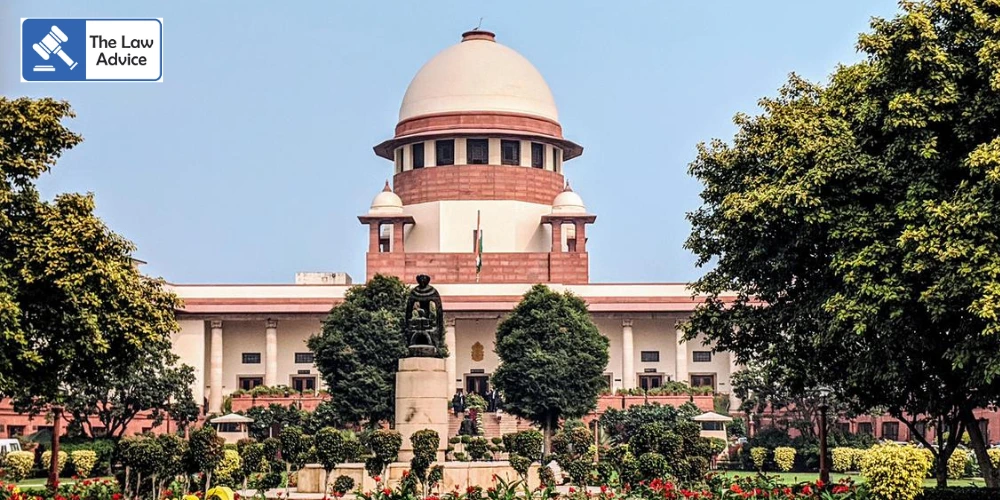New Delhi | July 16, 2025
In a significant decision for the biotechnology and healthcare sectors, the Supreme Court has ruled that stem cell banking qualifies as a healthcare service, making it eligible for service tax exemption. The ruling settles a long-standing tax dispute and affirms the growing role of preventive and regenerative medicine in mainstream healthcare.
What the Case Was About
The issue centered on whether services related to stem cell banking—such as collection, processing, and long-term storage of umbilical cord blood stem cells—should be treated as commercial activities or healthcare services under Indian tax law.
The tax department had earlier demanded service tax from Stemcyte India Therapeutics Pvt. Ltd., arguing that such services did not fall within the ambit of “healthcare” as defined under prevailing notifications. This prompted the company to challenge the interpretation before the judiciary.
What the Supreme Court Held
A bench comprising Justice J.B. Pardiwala and Justice R. Mahadevan held that stem cell banking is not merely a business model but a legitimate extension of healthcare services, especially in preventive and future-oriented treatment.
“Preserving stem cells serves a therapeutic and medical purpose,” the Court observed, adding that the intent of tax exemption notifications was to cover not just immediate care but also long-term health preparedness.
The judges relied on two key tax exemption notifications:
• Notification No. 25/2012: Which exempts healthcare services provided by clinical establishments.
• Notification No. 4/2014: Which clarified that cord blood banking services are included under healthcare.
Impact on Tax Demand
The Court struck down the service tax demand exceeding ₹2 crore imposed on the company for the period July 2012 to February 2014. It also directed that ₹40 lakh, already deposited by the company under protest, be refunded within four weeks.
Importantly, the Court ruled that there was no case of fraud or intentional tax evasion, and the extended limitation period of five years under the Finance Act could not be invoked in this case.
Why This Ruling Matters
This verdict is a boost for the stem cell banking industry, which has often operated in a legal grey zone regarding its classification. The judgment provides clarity for both startups and established labs offering similar services.
From a broader lens, the Court reinforced that laws around tax exemptions in healthcare must be interpreted liberally and purposefully, especially when they touch on emerging medical technologies that have life-saving potential.
Case Name: Stemcyte India Therapeutics Pvt. Ltd. v. Commissioner of Central Excise and Service Tax, Ahmedabad-III
